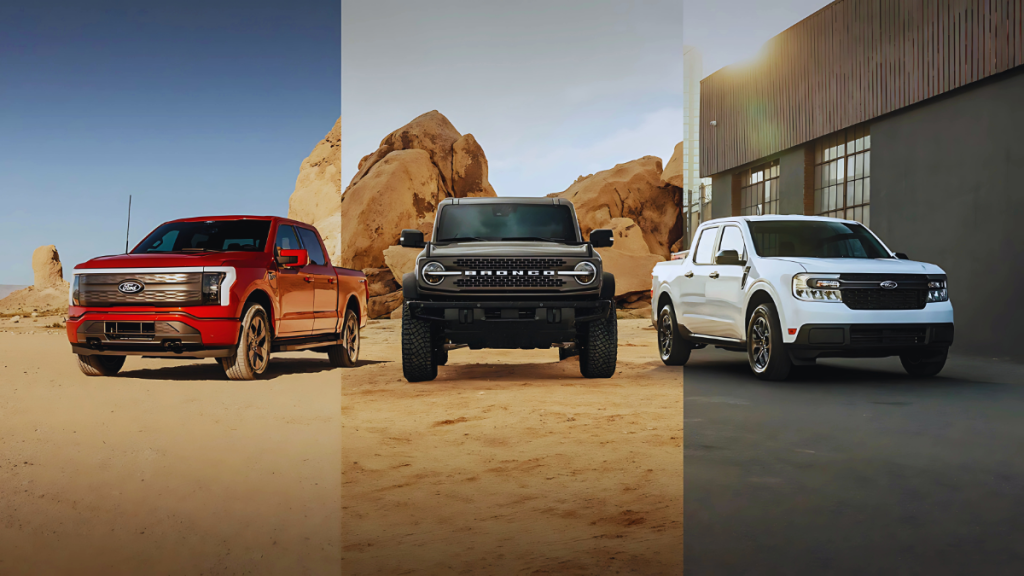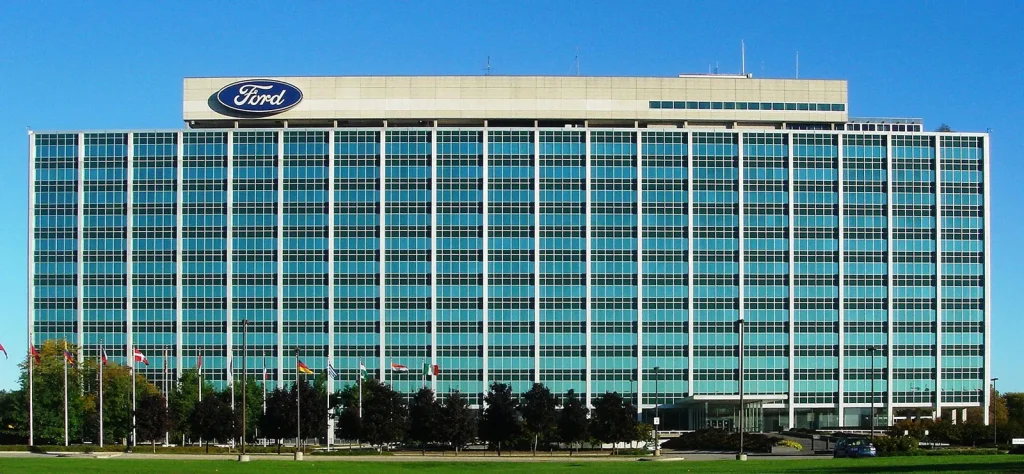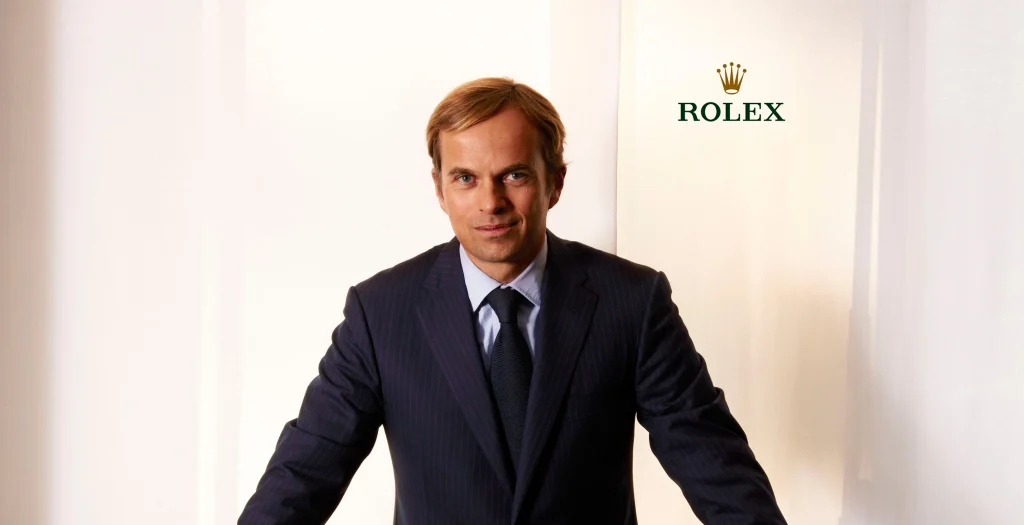
Why Your Rolex May Not Be the Investment You Hoped For
For decades, luxury watches like Rolex have been worn as status symbols, passed down as heirlooms, and bought under the assumption that their value would rise over time. But in a recent statement, the Rolex CEO shocked the luxury watch world by saying something most collectors weren’t ready to hear:
“Stop thinking your expensive watch is an investment.”
This one statement has rocked the foundation of what many believed about Rolex timepieces. Is your beloved Rolex not the long-term asset you thought? Who really owns Rolex? What happens to the profits? How many Rolex watches are made per year? And what’s the most expensive Rolex ever sold?
In this detailed, SEO-optimized, and human-style deep dive, we uncover the real Rolex story, from its mysterious ownership to the surprising truth behind its resale market—and why not every Rolex is the golden ticket you think it is.
Stop Thinking Your Rolex Is an Investment—Why the Boss Said It
In a bold move, Rolex’s CEO, Jean-Frédéric Dufour, stated in a private discussion with Swiss media that Rolex watches should not be considered financial investments. This came as a surprise to many, given the explosive secondhand market growth in recent years.
“We make watches to be worn, not to be traded like stocks.”
This challenges the entire online narrative surrounding Rolex flipping, gray market prices, and investment YouTube channels that recommend specific Rolex models for “value retention.” The CEO’s remarks serve as a wake-up call for speculators who treat Rolex like cryptocurrency or real estate.
But why would the CEO say this?
- Rolex does not sell directly to the secondary market and gains no profit from resale.
- The brand philosophy emphasizes heritage and craftsmanship, not profiteering.
- Rolex wants its products to be worn, enjoyed, and cherished, not locked away in safes.
This fundamentally shifts how we should see Rolex—as luxury timepieces, not investment-grade commodities.
Who Really Owns Rolex? You’ll Be Surprised
Unlike most billion-dollar companies, Rolex is not owned by shareholders, billionaires, or a public corporation.
So, who owns Rolex?
The Hans Wilsdorf Foundation.
This little-known non-profit organization based in Geneva controls Rolex. Founded by Rolex’s founder Hans Wilsdorf in 1945, the foundation inherited the company upon his death and still operates it to this day.
Key facts:
- No individual “owns” Rolex.
- Profits are reinvested or donated—not distributed to stakeholders.
- The foundation model ensures stability, secrecy, and independence from market pressures.
This structure is unmatched in the luxury world. While other brands are chasing IPOs and private equity deals, Rolex answers to no one but itself—and perhaps, a vision crafted nearly a century ago.
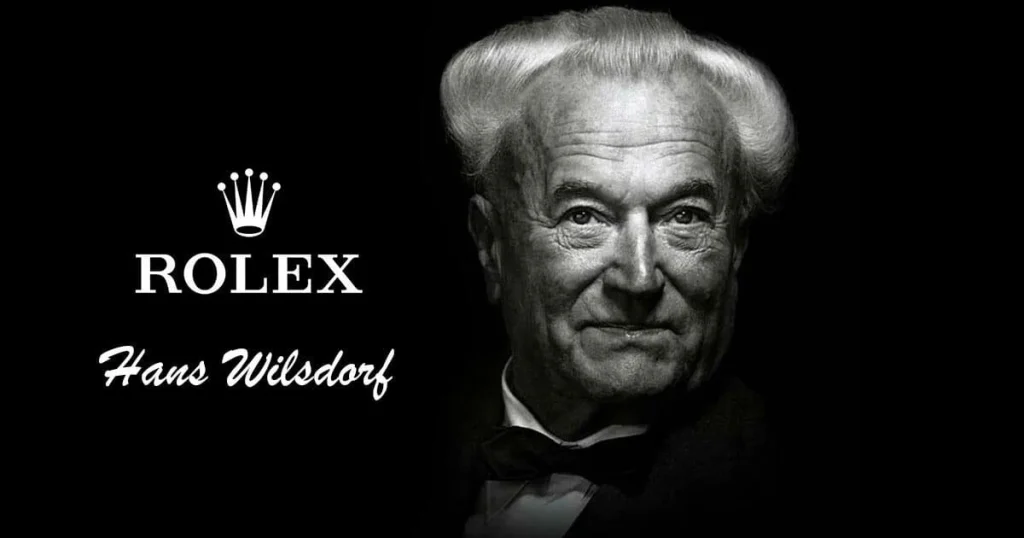
Who Founded Rolex? The Origins of a Legend
Rolex was founded in 1905 by Hans Wilsdorf, a German-born visionary who believed in making wristwatches more precise and elegant. At the time, wristwatches were seen as fragile, imprecise, and feminine.
Wilsdorf wanted to change that.
He partnered with his brother-in-law, Alfred Davis, and started “Wilsdorf & Davis” in London. By 1908, the name “Rolex” was officially registered, chosen because it was easy to pronounce in multiple languages and looked symmetrical on a watch dial.
His vision?
A wristwatch that was as accurate and reliable as a marine chronometer.
And Rolex delivered.
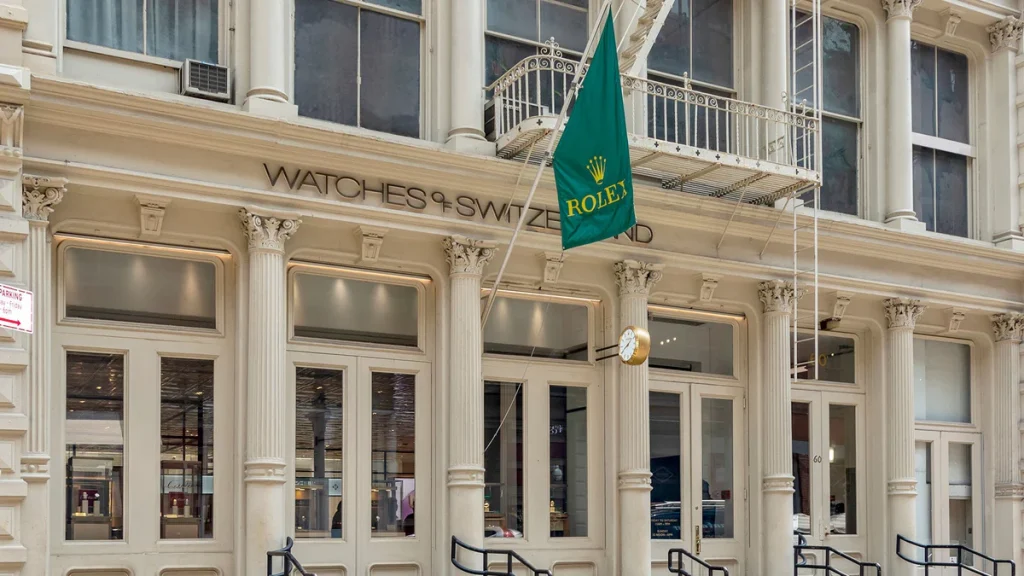
A Brief History of Rolex: From Switzerland to Global Domination
Let’s break down the Rolex timeline:
| Year | Milestone |
| 1905 | Wilsdorf & Davis founded in London |
| 1908 | Rolex trademark officially registered |
| 1910 | First wristwatch to receive Swiss Chronometer certification |
| 1926 | Rolex develops the Oyster, world’s first waterproof watch |
| 1931 | Invention of the Perpetual rotor—automatic movement |
| 1953 | Launch of the Submariner (iconic dive watch) |
| 1954 | Debut of GMT-Master for pilots |
| 1960s-70s | Rolex solidifies its dominance in precision and style |
| 1980s+ | Becomes cultural icon worn by world leaders, athletes, and celebrities |
Rolex’s success is not due to flashy marketing. It’s due to a slow-burning strategy of reliability, design consistency, and innovation—always one step ahead.
What Happened When the Founder Died?
Hans Wilsdorf passed away in 1960. But he had made provisions long before.
He transferred 100% of his ownership to the Hans Wilsdorf Foundation, ensuring Rolex would remain independent, private, and purposeful.
No one could buy Rolex.
No heirs would squabble over control.
No shareholders could ever interfere.
It was one of the boldest philanthropic business moves in modern corporate history—and still keeps Rolex untouched by mergers or acquisitions.
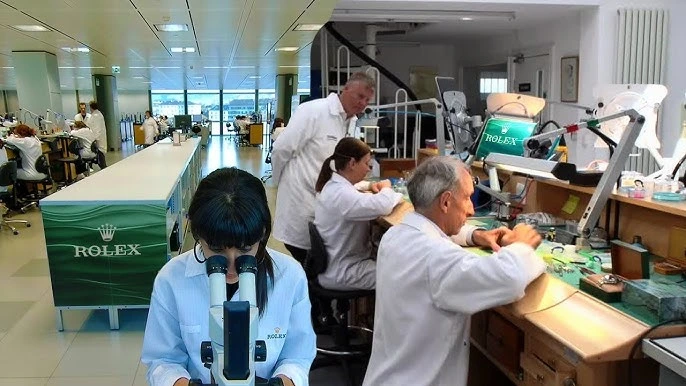
How Many Watches Does Rolex Make Per Year?
Rolex is not transparent about production numbers—but Swiss watch analysts estimate:
- 1 million to 1.2 million Rolex watches are produced annually.
- That includes all lines: Datejust, Submariner, Daytona, GMT-Master II, and more.
Even though this seems high, demand still exceeds supply, fueling:
- Waitlists at official dealers
- A booming resale market
- Premium prices on the gray market
This controlled scarcity keeps Rolex’s brand prestige intact.
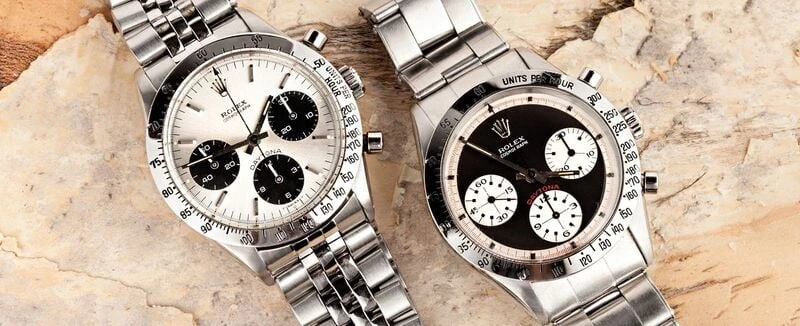
What’s the Most Expensive Rolex Ever Sold?
The most expensive Rolex ever sold?
Paul Newman’s Daytona — sold for $17.8 million at auction in 2017.
This legendary piece was worn daily by the actor and gifted to his daughter’s boyfriend. It wasn’t even a safe queen—just a daily wear watch with a unique dial.
Other record-breaking Rolexes:
- Bao Dai Rolex – $5.1 million
- Daytona “Unicorn” – $5.9 million
- Deep Sea Special – $2 million+
But remember: these sales are collector-driven, not typical market returns. Your modern Rolex might not reach anywhere near these figures—ever.
Who Runs Rolex Today—and Why That Matters
The CEO of Rolex is Jean-Frédéric Dufour, who took the helm in 2015. Unlike flashy CEOs of tech startups, Dufour is discreet, soft-spoken, and focused on Rolex’s core mission.
Under his leadership:
- Rolex has maintained slow, steady growth
- Models are updated cautiously (e.g., slimmer Submariners)
- No online direct sales—dealers still matter
His comments about Rolex not being an investment were strategic:
To reset public expectations and prevent speculative bubbles that hurt long-term brand image.
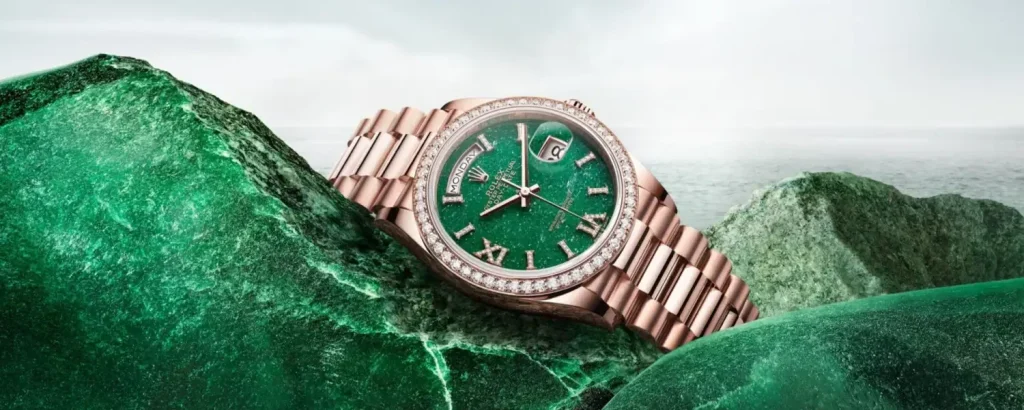
Why Rolex Prices Soar—But Aren’t Always Smart Investments
Let’s address the elephant in the room:
Yes, some Rolex models go up in value. But not all. And here’s why:
| Factor | Explanation |
| Hype | YouTubers and blogs drive trends—often artificially |
| Scarcity | Limited models = high demand = price premiums |
| Speculators | Many buyers aren’t watch lovers—they’re flippers |
| Gray Market | Overpricing due to retail waitlists and limited supply |
| Servicing & Maintenance | Rolex service isn’t cheap and can affect value |
| Condition & Originality | Polished or altered watches lose resale appeal |
Models that may appreciate:
- Rolex Daytona
- Submariner “Hulk”
- GMT-Master II “Pepsi”
- Explorer 1016 (vintage)
But even these come with market risks. A recession, oversupply, or trend shift can kill speculative value.
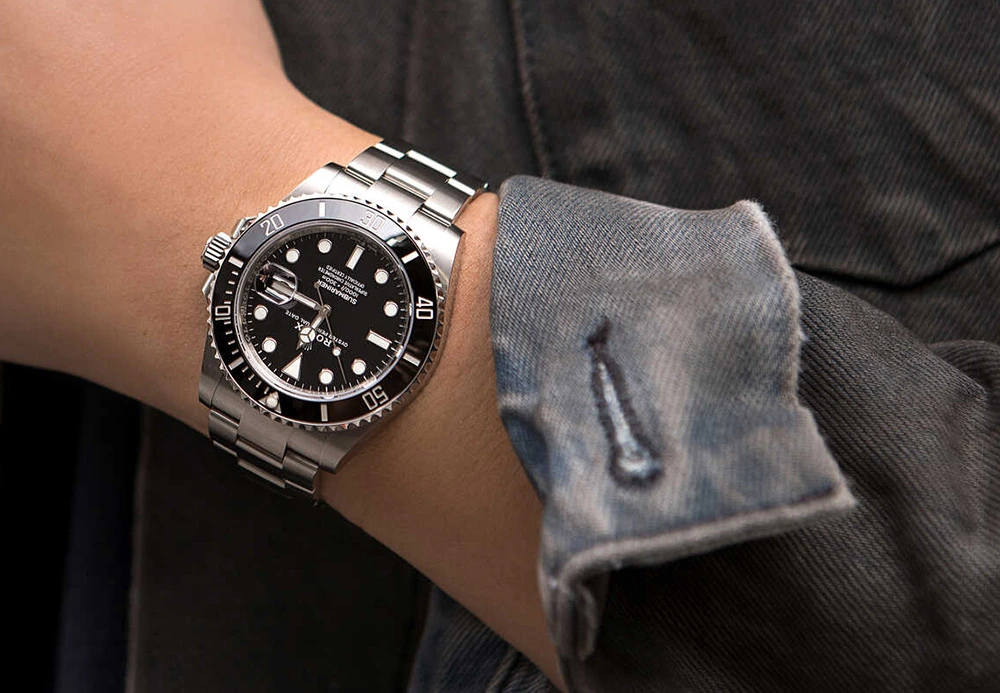
Conclusion: Buy Rolex for Passion, Not for Profit
If you’re buying a Rolex expecting guaranteed returns—you’re setting yourself up for disappointment.
Buy a Rolex because:
- You admire the history
- You value craftsmanship
- You want a heirloom to pass down
- You love the aesthetics and engineering
As the Rolex CEO himself said:
“Our watches are made to be worn. Everything else is secondary.”
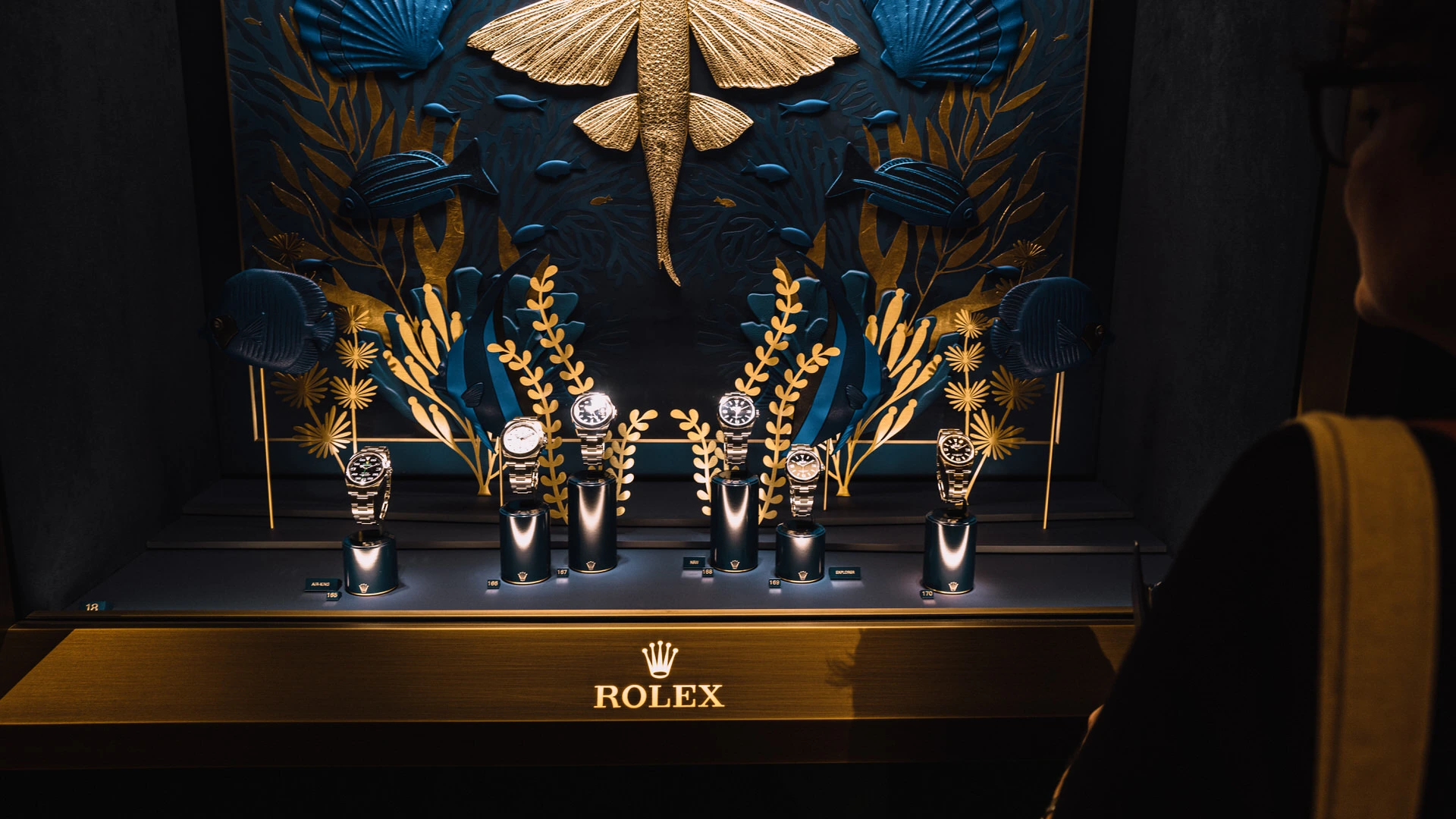
FAQs
Q: Is Rolex a non-profit company?
A: Rolex is owned by the Hans Wilsdorf Foundation, which is a charitable organization. Rolex itself operates as a commercial entity, but profits are not distributed to shareholders.
Q: Can Rolex watches increase in value?
A: Some can, especially rare or vintage models, but not all. Value appreciation depends on demand, model rarity, condition, and market trends.
Q: Why are Rolex watches so expensive?
A: Due to superior craftsmanship, in-house manufacturing, long development cycles, strict quality control, and brand prestige.
Q: Are Rolex watches handmade?
A: Rolex combines high-precision robotics with human craftsmanship. While machines perform tasks requiring extreme accuracy, skilled technicians handle assembly, finishing, and testing.
Q: Is Rolex owned by the Swiss government or a billionaire?
A: No. It’s owned by the Hans Wilsdorf Foundation, a private trust based in Geneva.
Final Thoughts:
In the end, Rolex is less about money and more about legacy. A Rolex is a symbol of time well spent, a moment captured forever—not just a portfolio item. And that’s what makes it truly priceless.

